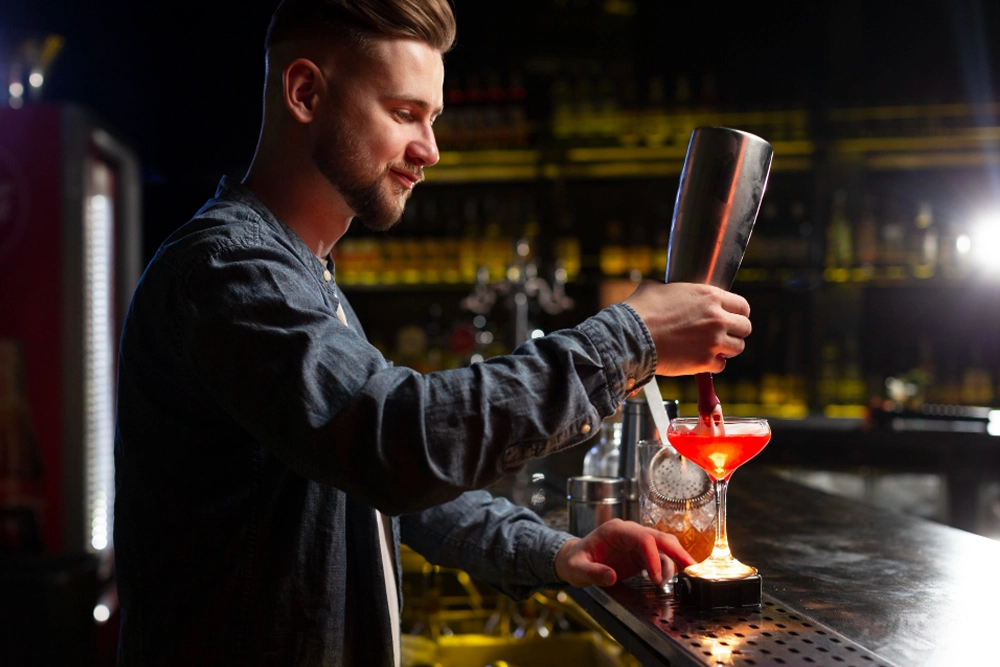Dram shop laws, named after establishments in 18th-century England that sold gin by the spoonful (a unit of measurement called a “dram”), are statutes that hold businesses liable for injuries caused by individuals who were served alcohol at their establishments. These laws vary by state and country but generally aim to discourage the over-service of alcohol and promote responsible alcohol service practices. Understanding dram shop laws is crucial for businesses in the hospitality industry to minimize legal risks and ensure compliance with applicable regulations.

Key Elements of Dram Shop Laws:
- Duty of Care: Establishments that serve alcohol have a duty to exercise reasonable care in determining when to stop serving a patron. This duty extends to recognizing signs of intoxication and refusing service when appropriate.
- Proximate Cause: To establish liability under dram shop laws, it must be shown that the over-service of alcohol was a proximate cause of the harm or injury suffered. This requires a direct link between the over-service and the resulting damages.
- Visible Intoxication: Most dram shop laws require evidence that the patron was visibly intoxicated at the time they were served alcohol. Signs of intoxication can include slurred speech, impaired coordination, and erratic behavior.
- Third-Party Liability: Dram shop laws can also extend liability to third parties who provide alcohol to individuals who subsequently cause harm. This can include social hosts who serve alcohol at private gatherings.
State Variations in Dram Shop Laws:
Dram shop laws vary significantly from state to state in the United States. Some states have strict liability laws, holding establishments responsible for any harm caused by an intoxicated patron they served. Others have more limited liability, requiring proof of specific factors such as knowledge of intoxication or a violation of serving laws.
Defenses Against Dram Shop Liability:
Businesses facing dram shop liability claims can assert various defenses to mitigate or refute their liability. These can include lack of knowledge of intoxication, contributory negligence on the part of the patron, or compliance with relevant alcohol service laws.
Best Practices for Compliance:
To minimize legal risks and comply with dram shop laws, businesses can adopt several best practices:
- Implement comprehensive training programs for staff on responsible alcohol service.
- Establish clear policies and procedures for recognizing signs of intoxication and refusing service.
- Monitor alcohol consumption and intervene when necessary to prevent over-service.
- Promote alternative transportation options for patrons who may be intoxicated.
Dram shop laws play a crucial role in holding establishments accountable for their role in preventing alcohol-related harm. By understanding these laws and implementing responsible alcohol service practices, businesses can minimize legal risks and prioritize the safety of their patrons.

